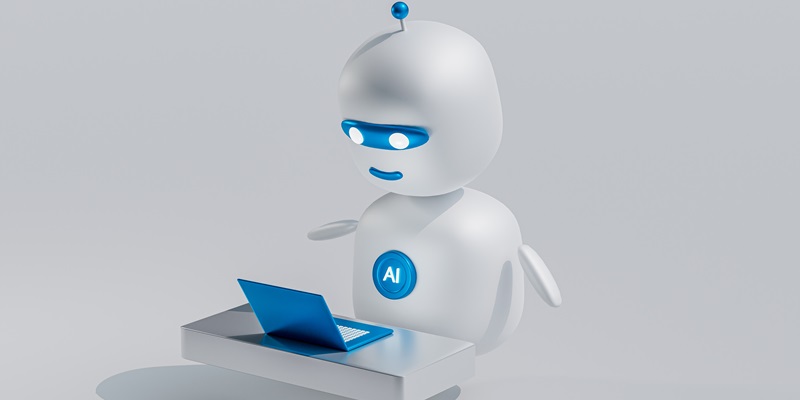In today’s rapidly evolving technological landscape, companies are increasingly turning to artificial intelligence (AI) to enhance their software development processes. The integration of generative AI has proven to be a game-changer, revolutionizing the way teams collaborate, automate tasks, and propel innovation. In this article, we delve deep into the advantages of implementing AI in software development and explore how it fosters collaboration across different teams.
Statistics on the adoption of generative AI
The adoption rates of generative AI are soaring, with nearly one in three respondents reporting that they have already implemented this transformative technology into their software development processes. This highlights the growing recognition of its potential in improving efficiency and productivity.
Utilization of AI for automating the building, testing, and deployment of code
One of the key benefits of AI is its ability to automate the process of building, testing, and deploying code. This means that any changes that pass appropriate tests can be seamlessly integrated into the existing codebase and deployed to production environments. This automation not only saves time and effort but also minimizes the risk of human error.
Advantages of AI in software development
AI goes beyond producing better software; it helps bring teams involved in development, operations, and the business closer together. By facilitating seamless communication and collaboration, AI breaks down traditional silos and fosters a more integrated and cohesive working environment.
Bridging communication gaps between different teams
Communication gaps often hinder efficient software development. However, AI contributes to bridging these gaps by providing a common language and platform for teams to interact. The use of AI-powered tools and platforms enables easy sharing of information, feedback, and updates, thereby ensuring everyone is on the same page.
Reducing manual burden and problem-solving for common issues
AI automates responses to routine queries and expedites issue resolution by leveraging existing knowledge. This reduces the manual burden of explanation and problem-solving for common issues, allowing developers to focus on more complex and strategic tasks.
Decreasing time spent on mundane tasks
The automation enabled by AI dramatically decreases the time spent on mundane tasks, such as repetitive coding or repetitive testing. This frees up valuable time for teams to focus on more meaningful and strategic communications and initiatives.
By streamlining routine processes and reducing manual effort, AI empowers development teams to focus on strategic communication and initiatives. This fosters innovation, creativity, and collaboration, resulting in improved software quality and faster time-to-market.
Fostering an environment for more meaningful discussions among teams
The reduction in routine communication, thanks to AI automation, creates an environment where more meaningful discussions can take place among developers, operations teams, business teams, and even executives. With AI handling repetitive tasks, teams can now engage in more insightful conversations, problem-solving, and decision-making.
Easier collaboration among employees, regardless of location
AI, coupled with technological advancements, makes it easier for employees to collaborate, no matter where they are located. Remote teams can seamlessly work together, share resources, and contribute to projects, enhancing overall productivity and efficiency.
AI-driven bots aiding in code reviews and bug detection and resolution
AI-driven bots play a significant role in accelerating the development process and fostering a collaborative environment. These bots can assist in code reviews, automatically detect bugs, and help with resolution, reducing the time spent on manual error identification and rectification.
The potential for AI teammates working alongside human developers in routine tasks exemplifies the greater collaborative possibilities enabled by AI. This concept involves tasks such as updating dependencies or addressing bug bounty reports, ultimately optimizing efficiency and empowering developers to concentrate on more complex challenges.
The incorporation of AI, specifically generative AI, has revolutionized software development, amplifying collaboration, efficiency, and innovation. It automates mundane tasks, bridges communication gaps, and fosters a more integrated working environment. AI has paved the way for transformative changes in the software development landscape. Embracing this technology unlocks new possibilities and propels teams towards higher levels of productivity, ultimately leading to the creation of better software solutions.

